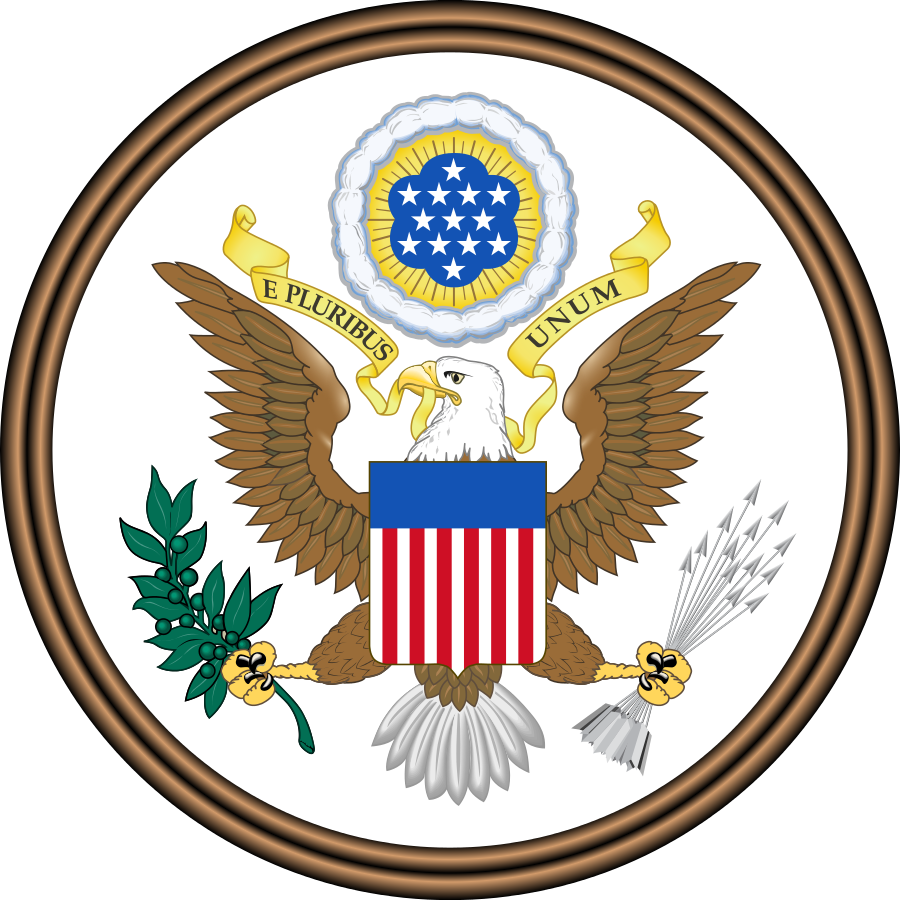To use the famous saying from George Carlin

Summary: When the national patent law is constructed behind closed doors by a cabal of lawyers and few opportunists who attempt to justify their own existence rather than represent the innovators who they claim to be "protecting"
THE world has plenty of conflicting interests. The war industry, for instance, has a tremendous leverage over foreign policy. This would probably surprise nobody, but the same is true at the USPTO and the patent 'industry'. Just look at their echo chamber-type events. Nowadays, it's almost an accident if an actual engineer has a say on the subjects debated (sometimes they let some lawyer of massive corporations have a say).
What about judges? Well, they too are typically former lawyers.
And watch how Dennis Crouch
categorises them (just before the weekend): "Chief Judge Prost, Judge Taranto and Judge Hughes – would not be identified as overly pro-patentee."
Well, as if they fall into a category. At least he didn't use a term like "anti-patents" or "anti-innovation" as Watchtroll likely would. Watchtroll has already called for the firing of one of their colleagues. Here is what Crouch wrote:
On appeal, the Federal Circuit has vacated the injunction – holding that the district court made reversible errors with regard to written description and enablement. Before walking through the decision, I’ll note here that the Federal Circuit panel here – made up of Chief Judge Prost, Judge Taranto and Judge Hughes – would not be identified as overly pro-patentee.
The problem is that many people read sites like the above, as well as Watchtroll. They wrongly assume there's insight there because of the profession, often forgetting that this profession attempts to perpetuate if not expand itself. So the bias is dyed in the wool.
Days ago Watchtroll was
reposting that old press release that said "Bednarek began his career in the early 1980s as patent examiner at the U.S. Patent and Trademark Office, examining some of the first software patents granted by the agency."
He is moving from public to private, just like
the crooked David Kappos. We
wrote about it exactly a week ago. Nowadays software patents are no longer recognised by courts, but the USPTO continues to grant these. PTAB, which is run by David Ruschke, knows all about
Alice, but he too will be lobbied in another echo chamber-type event of IAM, according to
this blog post from a few days ago. Does he know who is funding IAM? Does he really want to be associated with that? Also in that event there will be the person behind the
STRONGER Patents Act -- a bill which strives to do the very
opposite of making patents stronger. It could be renamed the Patent Trolling Act. To quote IAM: "Among the outstanding faculty members are: Senator Chris Coons, co-sponsor of the STRONGER Patents Act introduced into the Senate earlier this year; Joseph Matal, acting head of the US Patent and Trademark Office; and David Ruschke, chief judge of the Patent Trial and Appeal Board. They will be joining a number of other high-profile figures from the US patent community..."
The term "US patent community" just means the patent microcosm.
As we said a long time ago, IAM is in the business of lobbying and we know who it's lobbying for; just follow the money.
Herein lies the key point. The media that covers patents, the patent 'industry' and the branch of government that deals with patents are all in the same bed. Their goal -- unlike courts' goal -- is to just throw patents at everything. It cannot go on like this. That's like putting companies that manufacture bombs in charge of foreign policy; obviously they would initiate war at any opportunity.
This is a real problem that more people ought to be speaking about. Such an incestuous relationship reveals disturbing lack of separation, maybe even collusion.
The other day IAM spoke to some law firms about patent policy. Here is what
one firm from Malaysia said about software patents:
To what extent can inventions covering software or computer-implemented inventions be patented?
It is possible to protect software-related inventions in Malaysia, provided that these meet the statutory definition of an ‘invention’ (ie, an idea that solves a technical problem). Data processing which involves no technical effect or advance does not constitute a patentable invention. Software inventions which are construed as business methods are not patentable, as business methods are excluded from patentability.
According to MyIPO’s patent examination guidelines, claims directed to a computer program per se or a computer program embodied on a carrier, regardless of its content, are not allowed. A computer program may be patentable if the claimed subject matter makes a technical contribution to the art (eg, program-controlled machines or program-controlled manufacturing processes).
According to this, the rules in Malaysia are somewhat similar to what happens in the EPO. The End Software Patents (ESP) campaign
said (back in 2010) that "Malaysia Section 13(1)(a) of the Malaysian Patents Act 1983 excludes from patentable subject matter "discoveries, scientific theories and mathematical methods" and paragraph (c) excludes "schemes, rules or methods for doing business, performing purely mental acts or playing games"."
As we showed many times before, national policies on patents (in various patent offices) are often put together by the patent 'industry' and are influenced by their lobbyists. As soon as public officials find out about public views (the stance of those impacted by these laws) they correct these laws, as Australia recently did.
⬆

